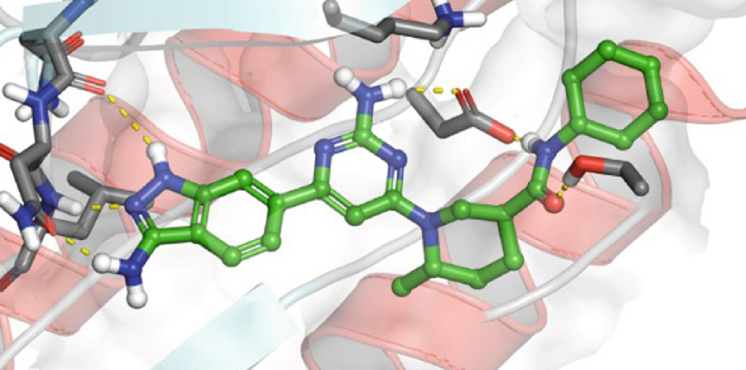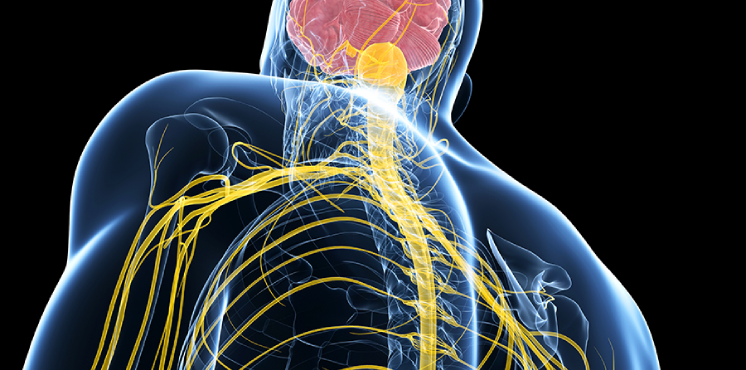Somatic Cell Genome Editing
Genome editing is a promising technology that could offer new treatments and cures for diseases. We are leading the NIH-wide working group to manage the SCGE program.
About Somatic Cell Genome Editing
Contact
P.J. Brooks, Ph.D.
The human genome has thousands of genes, each of which has the information that cells use to make protein. The human body needs a vast number of specific proteins to work properly. In genetic diseases, a gene has a problem that means a protein is made wrong — or not made at all. Genome editing changes the DNA sequence so that the cells can correctly make proteins again. Progress in genome editing could help treat thousands of genetic diseases.
In the past decade, researchers have advanced genome editing technology to allow precise changes to the DNA code inside live cells. Using this technology, scientists could edit disease-causing DNA within the body’s non-reproductive cells, known as somatic cells. Making this technology more efficient and limiting the edits to these cells lowers the risk of having unintended editing-related changes passed down to future generations. Researchers could use this technology to potentially treat many genetic diseases.
In January 2018, the NIH Common Fund launched a new program focusing on somatic cell research. The first phase of the Somatic Cell Genome Editing (SCGE) program created high-quality tools for safe and effective genome editing in humans and made these tools widely available to the research community to reduce the time and cost of creating new therapies.
We led the NIH-wide working group composed of staff from several other NIH institutes and centers. The program was organized around these aims:
- Expand the number of genome editing tools available
- Create delivery systems that can efficiently target the cells of specific organs and tissues in the human body
- Design new assays for testing the safety and effectiveness of genome editing and delivery tools
- Share the knowledge, methods and tools developed through this program with the scientific community through the SCGE Toolkit
Building on the success of Phase 1, the next phase of the SCGE program launched in 2023. The goal of Phase 2 is to speed the translation of genome editing therapies into the clinic. Along with the National Institute of Neurological Disorders and Stroke, we led another NIH-wide working group to:
- Advance the evaluation and clinical development of novel genome editing therapies
- Create regulatory pathways to the clinic for multiple diseases at a time
- Share successful strategies to start in vivo genome editing studies in humans
- Develop targeted delivery technologies through the TARGETED Challenge
Genome Editing to “Re-Write” Wrongs

Learn more about the NIH Common Fund's Somatic Cell Genome Editing program in this Nature Reviews Drug Discovery article.
Current Funding Opportunities

See current funding opportunities for the SCGE program.
NIH Common Fund Programs

Extracellular RNA Communication
We participate in the NIH Common Fund’s program to investigate this new scientific field.

Illuminating the Druggable Genome
We help lead this NIH Common Fund program to study and generate resources on key targets for new therapeutic agents.

Stimulating Peripheral Activity to Relieve Conditions
We help lead this NIH Common Fund program to explore the role of peripheral nerves in controlling the functioning of internal organs through electrical signals.


